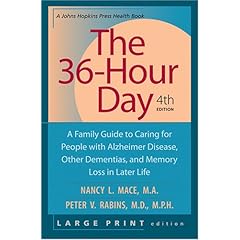I already wrote about how I beat urinary incontinence and bladder infections. That solution is not perfect. Poop. No enema, no pills, no laxatives. How I won the Poop-E war.....By Bob DeMarco
Alzheimer's Reading Room

I really wanted to entitle this article Alzheimer's and the Magic Elixir. However, I am not using anything to mask the taste of my solution so it just didn't fit. I also considered Alzheimer's and the Poop Panacea. Panacea does fit -- panacea is a literary term to represent any solution to solve all problems related to a particular issue.
This article is about implementing a solution to a problem with someone suffering from Alzheimer's disease and having a problem with bowel movements.




